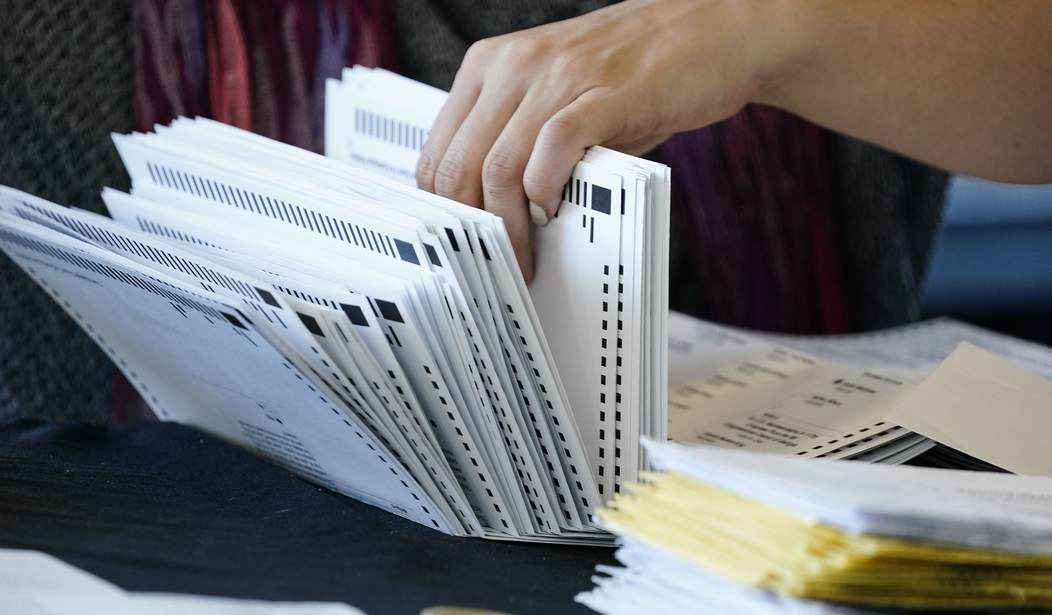Georgia Secretary of State Brad Raffensperger is preparing to remove more than 100,000 names from the state’s voter registration rolls and the left is accusing Raffensperger of a “voter purge.”
The state does a routine cull of the voter rolls every two years. It became a huge deal in 2018 when Democratic candidate for governor Stacey Abrams decided to make the culling a political hot potato and turned it into a racial issue by claiming Republicans were trying to “suppress” the black vote.
In 2019, Abrams, who lost the election to Brian Kemp, sued to keep 300,000 voters on the registration rolls. A judge reinstated about 22,000 of the names but 277,000 ineligible voters were removed.
There are more than 18,000 dead people being removed in this year’s cull and another 276 haven’t voted since 2012. More than 67,000 voters had filed a change of address notice with the post office in the last two years while another 34,700 were being removed because election mail to their address was returned “undeliverable.”
Georgia law is very clear on the matter.
Voters are usually declared “inactive” after five years of failing to participate in elections, contact election officials, respond to election officials’ mail or update their registrations. Then their registrations are voided if they miss the next two general elections.
A federal judge recently upheld Georgia’s “use it or lose it” law, finding that canceled voters aren’t significantly burdened because they can re-register to vote.
There are several ways for a voter to regain active status.
Voters have an opportunity to save their registrations before they’re removed. Election officials are mailing notifications of their pending cancellations, and if voters respond within 40 days, their registrations will be restored to active status.
During the last batch of cancellations two years ago, about 4,500 Georgia voters prevented their registrations from being canceled after they received notification letters.
“The last time Secretary Raffensperger conducted a massive voter purge, he was forced to admit 22,000 errors — 22,000 Georgia voters who would have been kicked off the rolls were it not for Fair Fight Action’s diligence. We’ll be reviewing the list thoroughly and reaching out to impacted voters,” said Lauren Groh-Wargo, CEO of Fair Fight Action.
Those 22,000 voters participated in an election shortly before the deadline to be declared “inactive.” But the state hadn’t amended the records to reflect that. Not exactly the “voter suppression” activists are claiming.
There’s no legitimate reason not to remove voters from the rolls if they’ve moved or died or mail to the address they registered under is returned as “undeliverable.” Any complaints are political in nature. And given the establishment of the narrative of racist Republicans deliberately suppressing the black vote, it’s nearly impossible to prove otherwise.










Join the conversation as a VIP Member